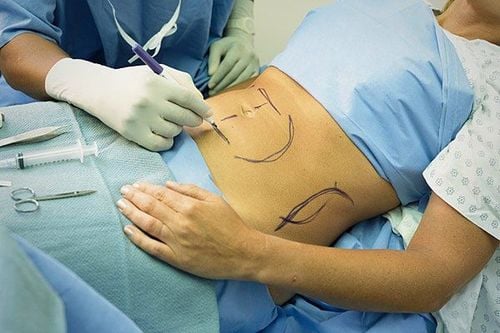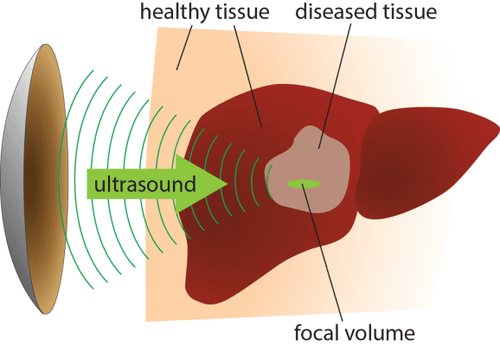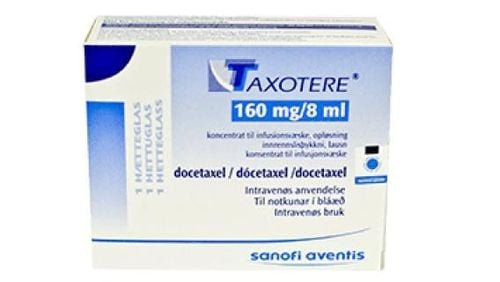This is an automatically translated article.
The article is professionally consulted by resident Doctor Le Thanh Tuan - Department of General Surgery - Vinmec Nha Trang International General Hospital.
Gastrectomy is the removal of part or all of the stomach. The purpose of gastrectomy is to treat stomach cancer and bariatric gastrectomy, or some other stomach-related problem.
1. Gastric bypass surgery
The stomach is the digestive organ connecting the esophagus and the small intestine. After passing through the esophagus, food enters the stomach and is crushed, pushed into the small intestine to absorb nutrients. In some cases of serious stomach problems that need intervention, the doctor will appoint the patient to have gastric bypass surgery.There are 3 main types of gastrectomy:
Partial gastrectomy is the removal of part of the stomach, usually the lower part. Total gastrectomy is the removal of the entire stomach and then connecting the esophagus to the small intestine so that the digestive system continues to work. Tubular gastrectomy is the removal of the left side of the stomach. This technique can reduce gastric volume by up to 85% and is performed as part of weight loss surgery
2. Cases requiring gastrectomy
Gastrectomy is used to treat stomach problems when other treatments have not worked. Your doctor may recommend gastrectomy to treat:
Cancerous or noncancerous tumors, Bleeding Polyps, Gastritis, Perforation, Stomach cancer, Severe stomach or duodenal ulcers, Esophageal cancer: If If esophageal cancer has spread to the stomach, gastrectomy is required. In some cases, gastric bypass surgery may also be used to treat obesity. This surgery removes up to 85% of the stomach, when the stomach is smaller the patient will eat less food. However, bariatric gastric bypass surgery is only appropriate when other methods of weight loss have failed.
3. Risks of surgery
What you need to know before having a gastrectomy
Not everyone can safely undergo this procedure. To decide if you qualify for a gastrectomy, your doctor needs to evaluate the type and stage of your cancer as well as any other health problems you have. Certain conditions such as anemia and low blood protein can cause serious problems after this surgery.
As with any other surgery, gastrectomy carries the risk of complications. In the case of gastric bypass due to cancer, the risk of complications is higher because most of these patients are usually older and in poor general condition.
Side effects of gastrectomy include:
Acid reflux Diarrhoea Rapid gastric emptying syndrome - a severe form of malabsorption Incisional infection Infection in the chest Internal bleeding Stomach leak at the site surgery Nausea, vomiting Leakage of acid into the esophagus causing scarring, narrowing, or spasms Small bowel obstruction Vitamin deficiency Weight loss Shortness of breath Pneumonia Damage to nearby structures The patient may have empty stomach syndrome fast. When the small intestine has to digest large amounts of food at once, there can also be signs of vomiting or nausea, cramps or diarrhea. Many people have these symptoms within 1 hour of eating.
Over the next few hours, the patient's blood sugar may rise or fall too quickly. At this point, the person may sweat, have a fast heartbeat, feel tired or confused.
It is important that you understand the precautions, possible complications and side effects before performing gastric bypass surgery. If you have any questions, please consult your doctor or surgeon for more information.
4. Gastric bypass procedure
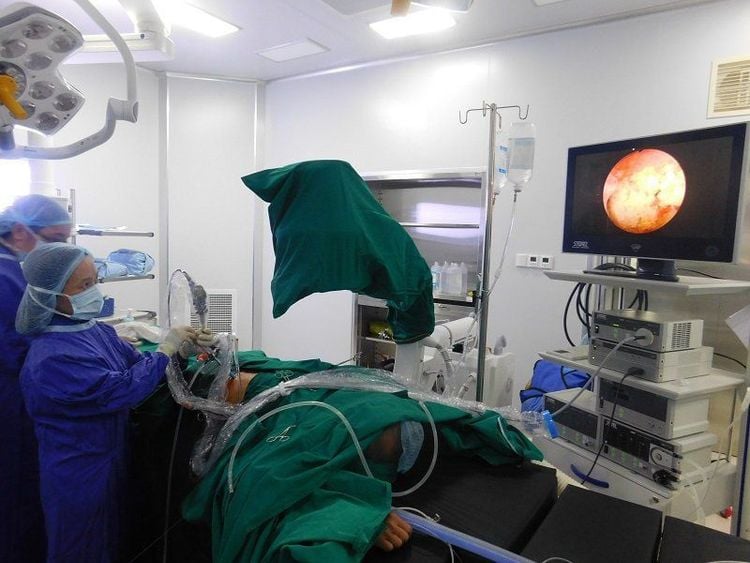
4.1 Preparing for gastrectomy? Blood tests and imaging tests before surgery. General examination and medical history assessment. If you are pregnant or have other health conditions such as diabetes, you should inform your doctor. Check the patient's medication status You may need to stop taking certain medications before surgery. Avoid smoking because smoking takes longer to heal wounds. It also creates more complications, especially those related to infections and lung problems. The night before the surgery and the morning of the surgery, the patient needs to bathe with Betadine antiseptic solution. The night before the surgery, the patient must fast (except for drugs that the surgeon and anesthesiologist allow) with little water on the morning of the surgery. 4.2 Gastrectomy procedure Gastrectomy is performed after general anesthesia. There are 2 gastrectomy techniques described briefly below:
Open surgery: Open surgery involves a single large incision to remove part or all of the stomach. The surgeon will pull the skin, muscle, and tissue to access the stomach. Surgery can take 4-5 hours. Laparoscopic surgery: using a minimally invasive method, using many small cuts, special scopes and small instruments to remove part or all of the stomach. This surgery is more advanced with a lower complication rate than open surgery, while also being less painful and allowing for a faster recovery time. 4.3 What happens after gastrectomy? After gastrectomy, the doctor closes the incision with stitches and bandages the wound. You are taken to the recovery room where the nurses monitor your vital signs during your recovery. You may stay in the hospital for 1-2 weeks after surgery. During this time, the patient will probably have a tube that runs from the nose to the stomach or small intestine to remove the fluid produced by the stomach. This tube is to drain gastric juices out at regular intervals, so you don't feel nauseous. The patient will be fed intravenously until eating and drinking return to normal. Most patients can start eating snacks 4-5 days after surgery. Patients need pain medication for a few days, and if pain relief is not effective, they can be advised to take another medication. Usually 1-2 weeks after gastrectomy, the patient can be discharged from the hospital. Tell your doctor right away if you develop any new symptoms or pain that medication does not control.
5. Rehabilitation after gastrectomy
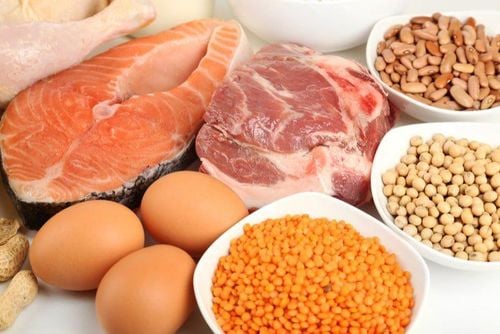
After gastrectomy, it can take 3-6 months for you to adjust your diet accordingly to prevent complications, including:
Eat small meals throughout the day Avoid foods that are high fiber Eat foods rich in calcium, iron, and vitamins C and D Take vitamin supplements. Recovery from gastrectomy can take a long time. Eventually, the stomach and small intestine will dilate. At this point, you can consume more fiber and eat larger meals. You'll need regular blood tests after surgery to make sure you're getting enough vitamins and minerals.
At Vinmec International General Hospital with a team of experienced doctors and a system of modern medical equipment, ensuring complete sterility to meet strict standards for internal surgery Gastroscopy in the treatment of diseases of the stomach and duodenum.
Doctor Le Thanh Tuan has experience in examination, treatment and surgery of abdominal diseases (both open surgery and laparoscopic surgery). In particular, the doctor has strengths in pediatric surgery to treat diseases such as: intussusception, appendicitis, inguinal hernia, postpartum malformations (fetal peritonitis, megacolon, no anus).
Please dial HOTLINE for more information or register for an appointment HERE. Download MyVinmec app to make appointments faster and to manage your bookings easily.







